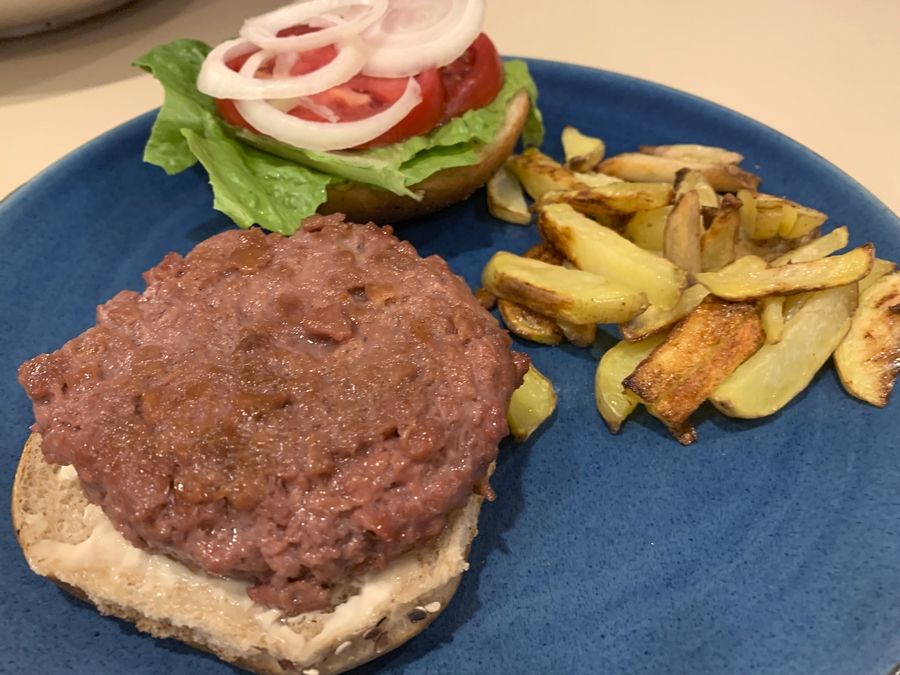What is a social omnivore? And is its popularity important or not? Let’s explore.
Most of us have been in situations where the vegan options are limited. It could be, say, at a loved one’s house, on vacation, or at a restaurant with friends. The strictest vegans among us would choose to only eat the very small selection of suitable food available—even if it’s just fries or a bit of lettuce. Others might choose to compromise a little bit, and perhaps eat vegetarian. But there’s another lifestyle choice that’s rising in popularity: the social omnivore.

As the name implies, social omnivores eat meat and other animal products socially and when they’re at home, they follow a plant-based diet. But is this flexible approach good or bad? Here, we take a closer look at what a social omnivore is and the impact of this lifestyle. But we also consider: when it comes to food, is the situation really black and white? And are individual choices as important as systemic change and innovation?
What is a social omnivore?
A social omnivore is basically a flexitarian but with clearer boundaries. When it comes to the latter, many people say they will eat animal products every now and again, but with no clear rules about when or why. This approach to diet is rising in popularity; in April 2022, Beneo GmbH research suggested that one in four people around the world identify as flexitarian. Of the more than 12,000 consumers evaluated for the research, some may have been social omnivores, but this level of detail wasn’t gathered.
According to a recent article by Bon Appétit, there are a few reasons why people might feel becoming a social omnivore is the best fit for them. For example, they enjoy a certain home-cooked meal that features meat, because of the memories and feeling of nostalgia it brings.

For some, it’s because they enjoy traveling and want to sample the local cuisine, whether it’s vegan or not. And for others, it’s about politeness. If they visit a friend’s house for dinner, they don’t want to inconvenience them by asking them to cook two different meals.
Are there any benefits to being a social omnivore?
Let’s be clear, reducing consumption of any amount of animal products has benefits.
According to one study published in 2019, if every American cut their meat consumption by 25 percent, greenhouse gasses would drop by one percent. It doesn’t sound like a huge amount, but it’s important to remember that any reduction in emissions is positive. Plus, limiting processed and red meat consumption can also seriously benefit heart health, and potentially reduce the risk of certain cancers and type 2 diabetes.

Being a flexitarian or social omnivore can also benefit the animals too. Counting Animals notes that if one person doesn’t eat meat for one day every week, this could potentially save the lives of more than three animals. Again, it doesn’t sound like a lot at first. But if everyone in the US was a social omnivore, and they ate meat, say, twice a week, that becomes more than 15 animals per person.
** Click here to read the full-text **









